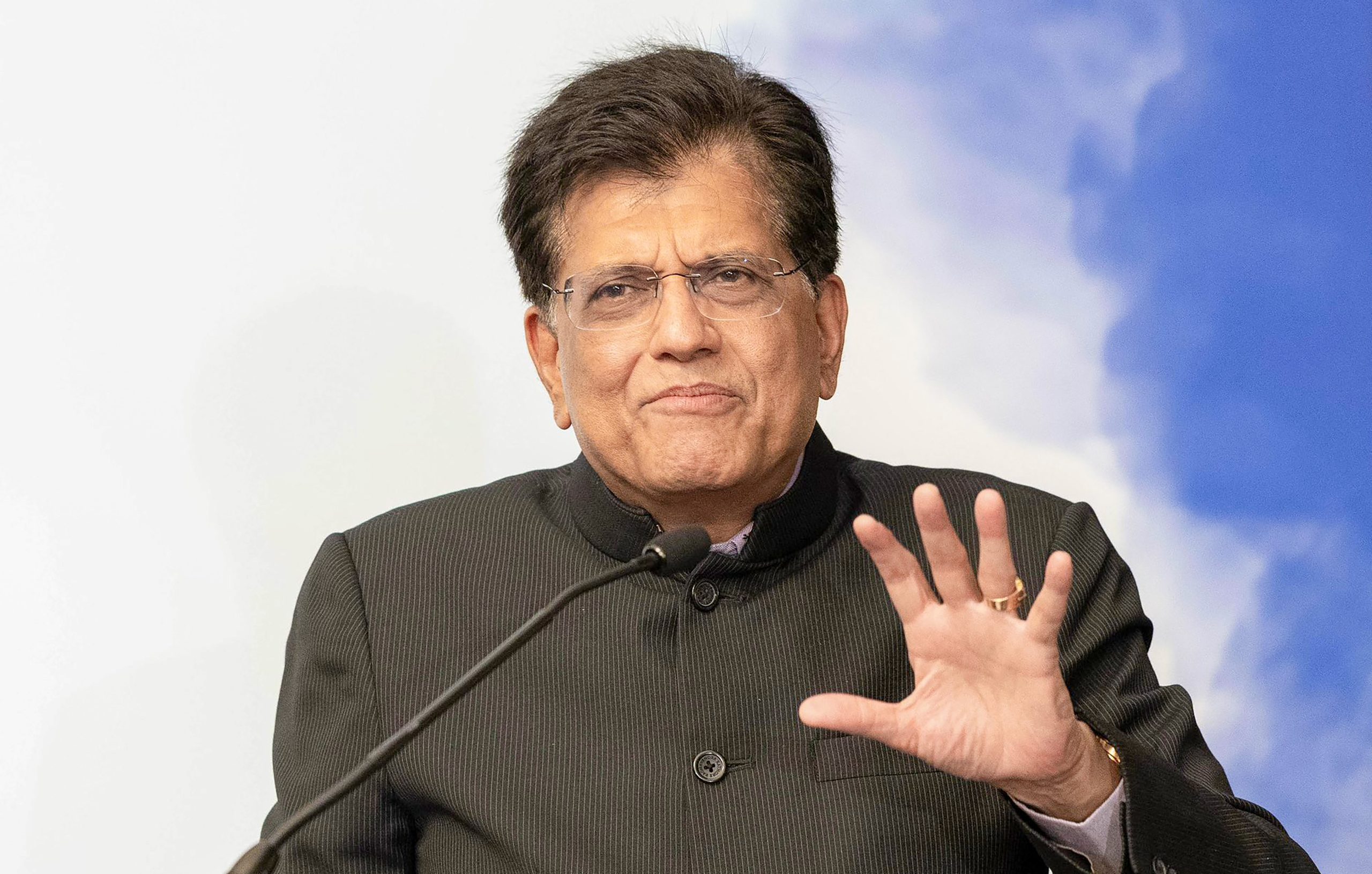Commerce and Industry Minister Piyush Goyal on Monday described China’s rare earth export restrictions as a global “wake-up call,” underscoring India’s efforts to build alternative supply chains and position itself as a reliable partner for international businesses seeking to reduce dependence on Chinese suppliers.
Speaking to reporters during his official visit to Switzerland—where he met with Swiss government officials and business leaders—Goyal acknowledged that China’s export curbs would pose short-term challenges for India’s automotive and white goods sectors.
However, he expressed confidence that collaborative efforts among the government, industry, and innovators would turn these challenges into long-term opportunities.
The minister outlined a multi-pronged strategy to address the crisis. This includes diplomatic engagement through ongoing dialogue between the Indian embassy and Chinese authorities, as well as the commerce ministry’s push to identify alternative sources. The government is also strengthening Indian Rare Earths Limited by providing resources to accelerate domestic production.
“This situation serves as a wake-up call for all those who have become over-reliant on certain geographies,” Goyal said. “It’s a wake-up call for the whole world—you need trusted partners in your supply chain.”
India’s automotive industry has requested the government’s assistance in expediting the approval process for importing rare earth magnets from China—critical components used in passenger vehicles and various automotive applications.
China currently controls over 90% of global magnet production capacity, creating substantial vulnerabilities across industries. These materials are essential to sectors ranging from automobiles and home appliances to clean energy systems.
The new Chinese regulations, effective April 4, require special export licenses for seven rare earth elements and related magnetic products.
“There are clearly issues around the suspension of permanent magnet supplies from China to India, which will particularly affect our auto sector and several white goods manufacturers,” Goyal explained. “Some companies have submitted their applications, and we hope pragmatic considerations will prevail, allowing them to receive the necessary approvals.”
Asked about possible government support through production-linked incentive (PLI) schemes, Goyal shared that discussions with automotive manufacturers have been encouraging.
The companies have expressed strong confidence in addressing supply chain challenges through partnerships with domestic innovators and startups.
“They are actively engaging with our innovators and startups, indicating their willingness to provide funding or pricing adjustments to accelerate growth in this sector,” the minister said.
Goyal also praised the evolving mindset of Indian industry, noting a shift away from reliance on government subsidies.
“More and more Indian businesses are moving beyond the old belief that subsidies alone will sustain operations. They are becoming bigger and bolder in their approach,” he said.
The minister highlighted emerging technologies being developed in India as potential alternatives to Chinese rare earth supplies.
“There are some technologies that India is developing,” he noted, stressing the importance of the collaborative approach among government, industry, startups, and innovators. “We are all working as a team and remain confident that, while short-term challenges exist, we will emerge as winners in the medium to long term.”
Goyal emphasized that the current disruption presents a strategic opportunity to strengthen India’s manufacturing ecosystem, advance self-reliance, and build resilient, trustworthy partnerships within global supply chains.
“There is opportunity even in this crisis,” he said. “More and more companies and people in India will realise the importance of being self-reliant and having trusted partners in supply chains. The world increasingly wants India to be a part of their supply chains, because we are seen as a trusted partner.”
(ANI)










